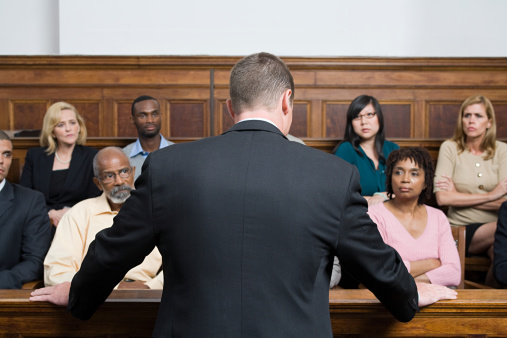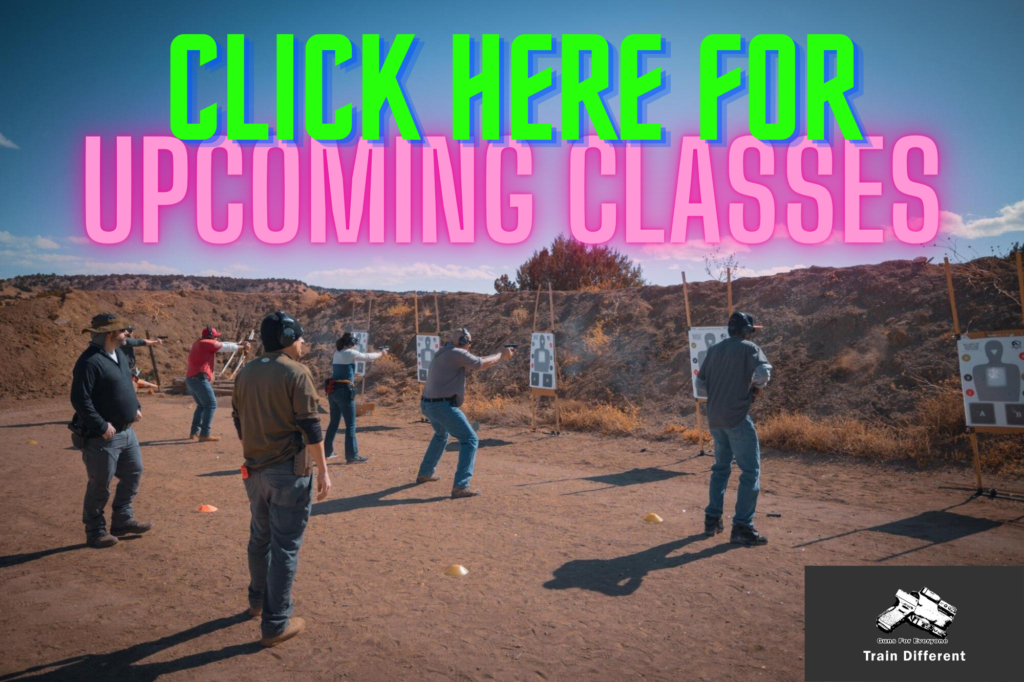Last week, we sent an email discussing a crazy self defense shooting.
This week we’re going to dive into a discussion about when the use of deadly force is justified.

When we look at self defense shootings in the news, a quick review of the comments below the story almost always reveals a discussion about whether or not a shooting was “justified”. People rage at each other and argue points that they really do not understand. In order to be responsible gun owners and be prepared for self defense, we need to understand what the word “justified” really means.
Attacks tend to happen quickly. The victim often has very little time to process what is happening to them. In that short amount of time, the victim needs to recognize the attack, decide what to do and implement action. This is a recipe for mistakes. Don’t misunderstand me, I’m not blaming the victim. But we must acknowledge the massive level of legal risk of choosing the wrong actions in that high stress moment.
It’s very normal for victims to cross legal boundaries in the middle of the fight. But just because it’s normal does not mean there will not be consequences. As the news reports on the story, readers love to debate whether the person will “get off” or whether they will “end up in the slammer”. But what we always must remember is that there is only one group of people who will ultimately make the final decision: the Jury.
I’m not a lawyer and I’ve never argued a criminal case in front of a jury. I have a little experience as a witness, a little experience as a possible suspect, a little experience speaking to detectives in an interrogation, and a little experience in a courtroom. I have just enough experience to know that I am not equipped to handle the aftermath alone. The stakes are too high for me to not take this seriously.
An act of self defense is only “justified” when a jury of your peers decides it was justified. The police will investigate, the lawyers will argue, a judge will mediate, the press will report, the community will gossip. But the Jury decides.
It is always possible that a District Attorney will decide not to pursue charges. This still doesn’t mean the act was justified, it only means that the DA doesn’t see a winnable case. More evidence could come along and the DA could change their mind. Then the case ends up in front of a jury.
Why am I arguing semantics? Because it should help us understand how the unpredictable legal aftermath can be. Not a single juror will have witnessed the attack. Not a single juror will be friends with you. Not a single juror will have felt what you felt in that moment. The jury is supposed to an impartial, sober, sane group of peers who determine whether your acts were reasonable. Even though you, your family, your friends, or even all the commentators on Facebook believe that you were “justified”, your future is in the hands of 12 strangers.
This is why I have a legal plan in place for the aftermath. I’m not a lawyer and I’ve never argued a criminal case in front of a jury. I have a little experience as a witness, a little experience as a possible suspect, a little experience speaking to detectives in an interrogation, and a little experience in a courtroom. I have just enough experience to know that I am not equipped to handle the aftermath alone. The stakes are too high for me to not take this seriously.
Next time you see a news story about a self defense shooting, remember that that victim’s fight is not over and that ultimately their future rests in the hands of a jury.
These are just a few lessons, and there are more. I strongly encourage you to take the chance to train for actual defensive scenarios. Join us for an upcoming class and build the skills that may save your life!

